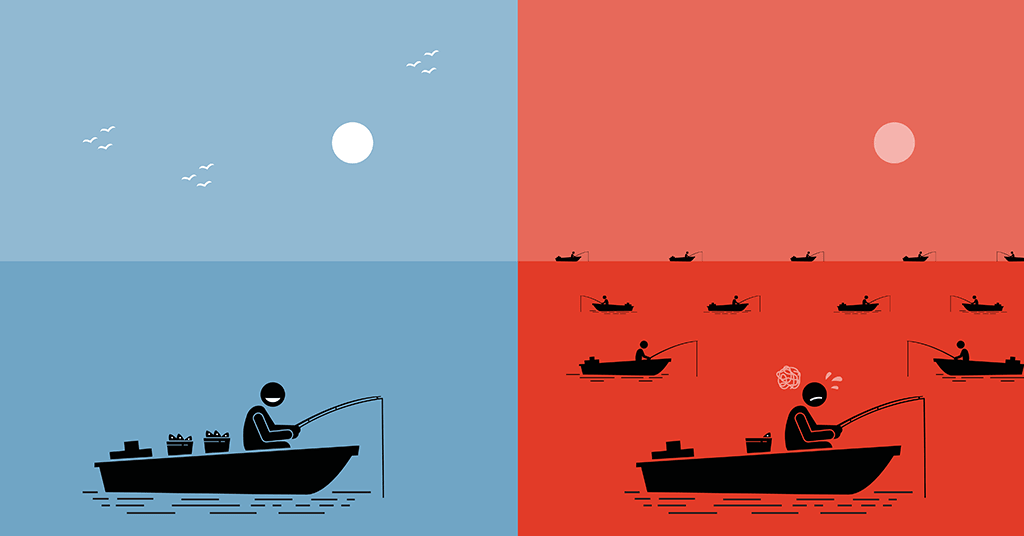
Top of mind for just about many in the world right now are losing business, especially for the travel industry, having taken one of the hardest hits.
There are feasibly hundreds, if not thousands, of related companies impacted by the current events and ripple effects caused by the all-encompassing COVID-19 crisis.
One Greater Philadelphia company that depends on the high-travel months from December through February, its most profitable period historically, has now experienced its record lowest. Ironically, this company built its business on a travel-related health issue (not associated with Coronavirus) – motion sickness.
Reliefband®, the premier product developed by Reliefband Technologies, LLC, is an FDA-approved, wearable-tech bracelet that’s currently used for relieving nausea from motion sickness, pregnancy, chemotherapy and other causes, utilizing a clinically tested neuromodulation technology that alters nerve activity.
“The timeliness of the virus crisis could not be worse for our business,” Rich Ransom, Reliefband Technologies President and CEO, reported. “The majority of our creative production and marketing investment had been dedicated to targeting travelers this time of year, offering a solution to car, boat, plane and amusement-related nausea.”
Ransom explained the company had to appropriately cut their marketing budget, thereby prohibiting the ability to develop and run new ads targeting new audiences, particularly on TV.
That’s too bad because Reliefband Technologies recently received the green light from the FDA to start marketing the bracelet for nausea and vomiting associated with physician-diagnosed migraines, hangovers and anxiety – the latter of which undoubtedly is at an all-time high (especially for news watchers).
Therein lies a dilemma: can what’s good for business be bad for business?
When asked if it would be beneficial to make an investment in remarketing the Reliefband to those suffering from COVID-19-related anxiety (after all, helping solve a health problem is the reason the company was created in the first place), as well as to give the business a much-needed booster, Ransom answered, “Yes. And, no.”
“We’re extremely sensitive to the impact this pandemic is having on people everywhere,” Ransom said. “We would never want to risk being perceived as profiteering during an unprecedented time of crisis.” As a result, the company felt it would be irresponsible to remarket the bracelet for anxiety relief, despite its potential benefits to COVID-19-weary consumers.
Like other companies in the same boat, Reliefband Technologies must refocus, re-strategize and triage to stem the tide.
“One effective and low-cost, direct-to-consumer strategy Rich has embraced is Amazon,” Mark Jones, President and CEO of Lifebrands D2C, and CEO of its subsidiary, Lifebrands Marketplace, Inc., offered. “With a reported 54% of all product searches beginning on Amazon, it’s the largest search engine in the world driving e-commerce business.”
Ransom is currently working with Lifebrands Marketplace to increase its digital presence through Amazon where the company can responsibly highlight the newly, FDA-approved anxiety-reducing benefits of Reliefband, among others.
“Naturally, no business could have predicted or fully prepared for this crisis and the uncertainties that lie ahead. In the meantime, our experience and ability to navigate and utilize this platform is how we really provide value to our clients,” Jacob Cooley, President of Lifebrands Marketplace, added.
“It’s times like these when a spotlight is thrown on companies, separating good business from bad,” Jones said. “We’re honored to partner with an integrity-rich company like Reliefband Technologies.”
